Home>Home Maintenance>How Should I Approach Having Home Repairs Done To A Home I’m Interested In Buying?
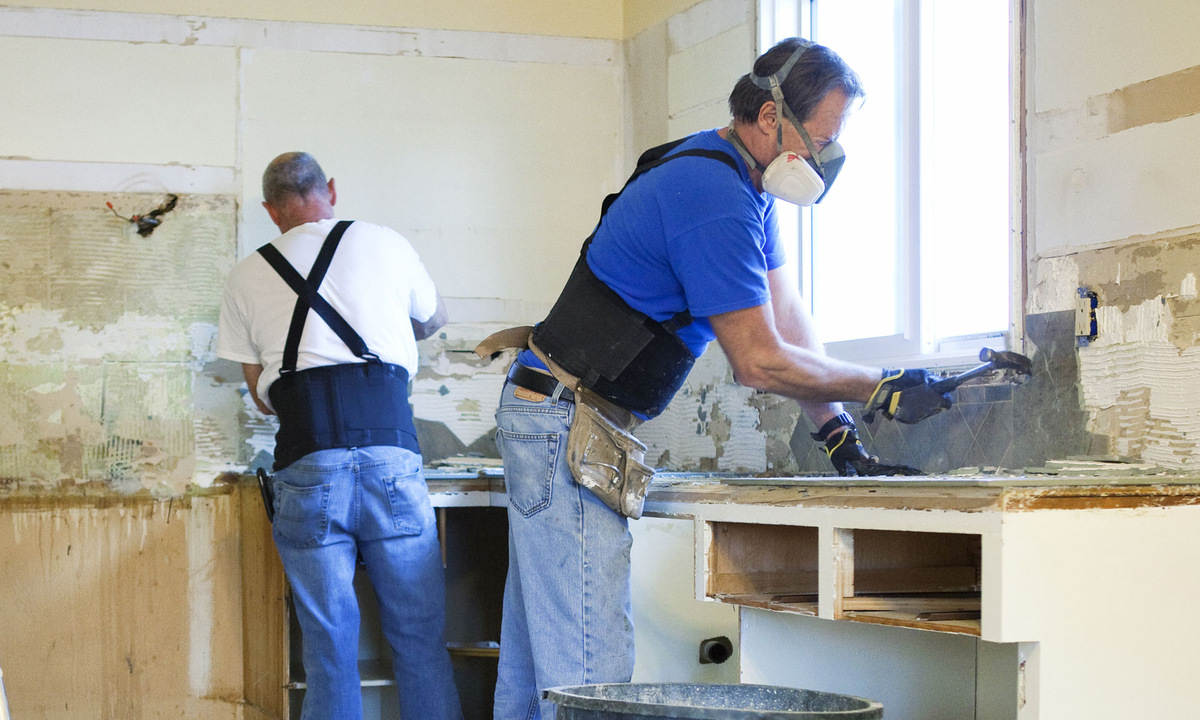

Home Maintenance
How Should I Approach Having Home Repairs Done To A Home I’m Interested In Buying?
Modified: March 6, 2024
Wondering how to handle home repairs on a prospective property? Get expert advice on home maintenance before making the big purchase.
(Many of the links in this article redirect to a specific reviewed product. Your purchase of these products through affiliate links helps to generate commission for Storables.com, at no extra cost. Learn more)
Introduction
Buying a home is an exciting milestone in life, but it often comes with the responsibility of managing repairs and maintenance. Before finalizing the purchase, it’s important to thoroughly assess the condition of the property and determine the extent of repairs needed. This will help you make an informed decision and avoid any unpleasant surprises in the future.
In this article, we will guide you through the process of approaching home repairs for a house you’re interested in buying. From hiring a professional home inspector to negotiating repair agreements, we will provide you with valuable insights and tips to ensure a smooth home buying experience.
So, let’s dive in and discover how to handle home repairs when buying a house!
Key Takeaways:
- Don’t skip the home inspection! Hiring a professional home inspector is crucial to uncover hidden repair needs and negotiate effectively with the seller.
- Get multiple repair estimates to compare costs, quality, and timelines. Consider more than just the price when choosing a contractor for your home repairs.
Assessing the Extent of Repairs Needed
Before committing to buying a house, it’s crucial to assess the extent of repairs needed. This will help you understand the potential costs and determine if it’s a feasible investment. Here are some steps to follow:
- Conduct a thorough walkthrough: Start by doing a detailed walkthrough of the house, paying close attention to any visible issues. Look for signs of water damage, cracks in the walls, damaged floors, or any other structural concerns.
- Examine the electrical and plumbing systems: Check the electrical system to ensure it meets current safety standards. Similarly, inspect the plumbing system for leaks, clogs, or outdated pipes that may need replacement.
- Inspect the roof and foundation: The condition of the roof and foundation is critical to the overall stability and functionality of the house. Look for any signs of leaks, sagging, or cracks that may indicate underlying issues.
- Assess the HVAC system: Evaluate the heating, ventilation, and air conditioning (HVAC) system to ensure it’s in proper working condition. An old or faulty system can be costly to repair or replace.
- Consider cosmetic repairs: Don’t overlook cosmetic repairs such as chipped paint, outdated fixtures, or worn-out carpeting. While these may not be major concerns, they can still add up in terms of time and cost.
It’s important to note that not all repairs will be immediately visible. Some issues may be hidden beneath the surface, requiring a more in-depth inspection. This is where hiring a professional home inspector becomes invaluable.
By assessing the overall condition of the property, you can make an informed decision about whether the home repairs are within your budget and skillset. Additionally, knowledge of the necessary repairs can be used to negotiate with the seller before finalizing the purchase.
Hiring a Professional Home Inspector
When it comes to assessing the condition of a house, it’s wise to enlist the services of a professional home inspector. A home inspector is trained to identify potential issues and provide an unbiased evaluation of the property’s condition. Here’s how to go about hiring a reliable home inspector:
- Ask for recommendations: Seek referrals from friends, family, or your real estate agent. They may have worked with reputable home inspectors in the past and can provide valuable insights.
- Research credentials and experience: Look for a certified home inspector with relevant qualifications and experience. Check if they are a member of a recognized professional organization, such as the American Society of Home Inspectors (ASHI).
- Read reviews: Look for online reviews or testimonials from previous clients. This can give you an idea of the inspector’s professionalism, thoroughness, and attention to detail.
- Ask about the inspection process: Inquire about the scope of the inspection, including what areas and systems will be assessed. A comprehensive inspection should cover the foundation, roofing, electrical systems, plumbing, and more.
- Request a sample report: Ask the inspector for a sample inspection report. This will give you a sense of their reporting style and the level of detail you can expect.
- Get cost estimates: Request quotes from multiple inspectors to compare prices. Keep in mind that the lowest price may not always guarantee the best quality of service, so consider the inspector’s credentials and reputation as well.
- Attend the inspection: Whenever possible, plan to be present during the inspection. This allows you to ask questions and gain a better understanding of any issues that may arise.
By hiring a professional home inspector, you can gain a comprehensive understanding of the property’s condition. Their expert assessment will help you make an informed decision and prioritize the repairs needed before buying the house.
Getting Multiple Repair Estimates
Once the home inspection is complete and you have a list of necessary repairs, it’s time to obtain multiple repair estimates. Getting multiple estimates allows you to compare costs, evaluate different approaches, and ultimately choose the best option for your budget and needs. Here’s how to go about it:
- Identify reputable contractors: Seek recommendations from friends, family, or your real estate agent for reliable contractors specializing in the specific repairs needed.
- Request detailed estimates: Contact at least three contractors and provide them with a clear description of the repairs required. Ask for detailed written estimates that outline the scope of work, materials needed, and the estimated cost.
- Compare pricing: Review the estimates carefully and compare the prices, making sure all items are included. Be cautious of unusually low or high bids and consider the reputation and experience of each contractor.
- Evaluate the approach: In addition to cost, consider the approach proposed by each contractor. Are they suggesting the most effective and efficient solutions? Do they provide any warranty for their work?
- Check references: Before making a final decision, ask contractors for references and reach out to previous clients to inquire about their experience with the contractor’s work and professionalism.
- Consider timeline and availability: Assess the contractor’s availability and projected timeline for completing the repairs. This will help you determine if it aligns with your desired timeframe.
By obtaining multiple repair estimates, you can ensure that you’re getting a fair price for the required repairs. It also allows you to make an informed decision about which contractor is the best fit for your project.
Remember, while cost is an important factor, it should not be the sole determining factor. Quality of work, reputation, and timeline should also be taken into account when choosing a contractor for the repairs.
Evaluating the Cost of Repairs
When buying a house and considering the necessary repairs, it’s crucial to evaluate the cost of those repairs. Understanding the financial implications will help you budget accordingly and avoid unexpected expenses. Here are some factors to consider when evaluating the cost of repairs:
- Obtain detailed estimates: Use the repair estimates obtained from contractors to determine the specific costs associated with each repair. Ensure that the estimates include labor, materials, permits, and any other relevant expenses.
- Consider additional expenses: While evaluating the cost of repairs, don’t forget to account for any additional expenses that may arise. This could include temporary accommodations during major renovations or the need to update other areas of the house to match the repaired areas.
- Factor in future maintenance needs: Take into consideration any future maintenance needs that may arise after the initial repairs. This will help you plan for ongoing costs and prevent further unexpected expenses.
- Assess your DIY capabilities: Determine if there are any repairs that you can confidently handle yourself. DIY repairs can save money, but be honest with yourself about your skills and ability to complete the repairs properly.
- Account for the age of the house: Older homes often require more extensive repairs and maintenance. Consider the age of the house and factor in the potential need for additional repairs in the near future.
- Get second opinions: If you’re unsure about the cost or necessity of a particular repair, don’t hesitate to seek a second opinion from another professional contractor.
It’s important to remember that unexpected surprises can arise during the repair process, leading to additional costs. Building in a contingency fund of about 10-20% of the estimated repair cost can help you handle any unforeseen expenses that may arise.
Evaluating the cost of repairs allows you to make an informed decision about the financial feasibility of buying a house and undertaking the necessary repairs. It ensures that you have a clear understanding of the potential expenses and can plan accordingly.
Before buying a home, get a thorough inspection to identify any needed repairs. Then, prioritize the repairs based on safety and cost. Get estimates from reputable contractors and factor the cost into your budget.
Read more: What Home Improvements Should Be Done First
Negotiating Repairs with the Seller
Once you have assessed the cost of repairs and determined that you would like to move forward with the purchase, it’s time to negotiate repairs with the seller. This step is crucial in ensuring that both parties are in agreement regarding the necessary repairs and who will be responsible for covering the costs. Here are some tips for successful negotiation:
- Share the inspection report: Provide the seller with a copy of the home inspection report detailing the repairs that need to be addressed. Use this as a starting point for discussing the necessary repairs.
- Prioritize the repairs: Identify the essential repairs that are critical to the safety and functionality of the house. Focus on these priority repairs during the negotiation process.
- Be realistic in your requests: While it’s reasonable to ask the seller to address significant issues, keep in mind that minor repairs and cosmetic changes may not be as negotiable.
- Suggest reasonable solutions: Instead of requesting the seller to handle all repairs, propose alternatives such as a price reduction or a seller’s concession towards the repair costs. This allows the seller some flexibility while still addressing your concerns.
- Consider obtaining contractor estimates: If the repair costs are significant, it may be helpful to provide the seller with estimates from professional contractors to support your negotiation stance.
- Be open to negotiations: Understand that negotiations may involve some back-and-forth discussion. Remain open to counteroffers, compromise, and finding a middle ground that works for both parties.
- Put it in writing: Once an agreement is reached, make sure to document the repair agreement in writing and have it included as an addendum to the purchase contract. This ensures that both parties are clear on the agreed-upon repairs and any associated costs.
Remember, effective communication and a willingness to find mutually beneficial solutions are key to successful negotiations. By approaching the repairs with a collaborative mindset, you can increase the likelihood of reaching an agreement that satisfies both you and the seller.
Documenting Repair Agreements in the Contract
Once you and the seller have reached an agreement on the repairs, it’s crucial to document these agreements in the purchase contract. This ensures that the agreed-upon repairs are legally binding and provides clarity for both parties. Here are some steps to follow when documenting repair agreements in the contract:
- Include a detailed list of repairs: Specify the repairs agreed upon, including a clear description of the work to be done. This list should be comprehensive and cover all the repairs discussed during the negotiation process.
- Specify who will perform the repairs: Clearly state whether the repairs will be done by the seller, a contractor of your choice, or a combination thereof. This helps avoid any confusion or disputes regarding responsibility.
- Outline the timeline for completion: Include a specific timeframe or deadline for the completion of the repairs. This ensures that there is a clear expectation of when the repairs should be finished.
- Detail the financial arrangements: Specify who will bear the costs of the repairs and outline how these costs will be handled. It may involve the seller providing a credit towards the repairs, making repairs prior to closing, or reimbursing you for completed repairs after closing.
- Include any warranties or guarantees: If the repairs being done come with warranties or guarantees, make sure to reference these in the contract. This protects your interests and ensures that you have recourse if any issues arise.
- Consult with a real estate attorney or agent: It’s always a good idea to seek professional advice when documenting repair agreements. A real estate attorney or agent can review the contract to ensure that it protects your interests and complies with local laws and regulations.
By documenting the repair agreements in the purchase contract, you have a legal document that outlines the responsibilities of both parties and safeguards your interests. It provides clarity and protection, giving you peace of mind as you proceed with the buying process.
Monitoring the Repair Process
Once the repair agreements have been documented in the contract, it’s important to actively monitor the repair process to ensure that the agreed-upon repairs are carried out properly and in a timely manner. Here are some steps you can take to effectively monitor the repair process:
- Communicate with the contractor: Maintain open lines of communication with the contractor or contractors who will be performing the repairs. Regularly check in with them to stay updated on the progress and address any concerns or questions.
- Visit the property: Schedule visits to the property during the repair process to physically inspect the work being done. This allows you to ensure that the repairs are being performed according to the agreed-upon standards and specifications.
- Document the work: Take detailed photos and notes of the repairs throughout the process. This documentation can serve as evidence in case any issues arise or disputes need to be resolved later.
- Address any issues promptly: If you notice any problems or deviations from the agreed-upon repairs, communicate them to the contractor immediately. Timely intervention can help prevent further complications or delays.
- Request updates and progress reports: Regularly ask the contractor for updates on the progress of the repairs. This will give you an idea of how the work is progressing and if there are any unexpected challenges.
- Hold final inspections: Once the repairs are completed, schedule a final inspection of the property to ensure that all the agreed-upon repairs have been successfully carried out. If necessary, involve a professional inspector to conduct a thorough evaluation.
- Address any incomplete or unsatisfactory work: If there are any repairs that were not completed to your satisfaction, notify the contractor and request that they address the issues promptly. It’s important to ensure that all repairs are done to your standards before closing on the property.
By actively monitoring the repair process, you can ensure that the agreed-upon repairs are executed properly. It also provides an opportunity to address any issues or concerns along the way, ensuring that the property is in the desired condition before finalizing the purchase.
Requesting a Final Inspection
Before finalizing the purchase of a house that has undergone repairs, it’s essential to request a final inspection. This inspection allows you to thoroughly assess the quality of the repairs and ensure that everything is in order before closing the deal. Here’s how to approach requesting a final inspection:
- Communicate your intention: Notify the seller or the contractor responsible for the repairs that you would like to conduct a final inspection before closing the deal. Make it clear that this is a standard practice and is in line with the repair agreements.
- Schedule the inspection: Coordinate with the seller or contractor to schedule a time for the final inspection. Allow sufficient time for a thorough evaluation of the repaired areas and any necessary testing of systems or equipment.
- Engage a professional inspector if desired: If you have any doubts or concerns about the quality of the repairs, consider hiring a professional home inspector to conduct the final inspection. Their expertise can provide an objective assessment of the repairs and reassure you of the property’s condition.
- Prepare a checklist: Prior to the inspection, create a checklist of the repaired areas and specific items you want to verify. This will ensure that you cover all the necessary aspects during the inspection.
- Thoroughly inspect the repaired areas: During the final inspection, carefully evaluate the repaired areas to ensure they meet your expectations. Look for any signs of incomplete work, shoddy craftsmanship, or any overlooked issues that may still need attention.
- Test the functionality: If applicable, test the functionality of systems or equipment that were repaired. This may include checking plumbing fixtures, electrical outlets, heating, and cooling systems, or any other components that were part of the repair process.
- Document any concerns: If you come across any issues or areas that are not up to standard, document them with detailed notes and photos. This documentation will serve as evidence if further negotiations or discussions are needed.
- Discuss any discrepancies: If you discover any discrepancies or unsatisfactory elements during the inspection, discuss them with the seller or the contractor responsible for the repairs. Work towards resolving any outstanding concerns before proceeding to the closing.
Requesting a final inspection helps ensure that the repairs have been completed to your satisfaction and in accordance with the repair agreements. It provides peace of mind, helping you proceed with the closing process confidently.
Read more: How Often Should AC Maintenance Be Done?
Finalizing the Purchase Agreement
After the repairs have been completed, and the final inspection has been conducted, it’s time to finalize the purchase agreement. This step includes reviewing all the necessary documentation, ensuring that all obligations and conditions have been met, and preparing for the final settlement. Here’s what you need to consider when finalizing the purchase agreement:
- Review the repair documentation: Gather all the documentation related to the repairs, including receipts, invoices, and any warranties or guarantees. Ensure that you have a clear record of the completed repairs and associated costs.
- Review the contract terms: Go through the purchase contract carefully, ensuring that all the agreed-upon repair provisions, credits, or adjustments are accurately reflected. Pay attention to any timelines or conditions related to the repairs.
- Consult with professionals: Consider engaging a real estate attorney to review the purchase agreement and ensure that all legal aspects are in order. They can provide guidance and advice to protect your interests.
- Arrange for final settlement: Coordinate with your lender, real estate agent, and the seller to schedule the final settlement. This typically involves signing the necessary paperwork, making the required payments, and transferring ownership of the property.
- Perform a final walkthrough: Before the settlement, conduct a final walkthrough of the property to verify that all repairs have been completed, and the property is in the agreed-upon condition. Check that any items, fixtures, or appliances included in the purchase are present and in working order.
- Address any unresolved issues: If during the final walkthrough you encounter any unresolved issues or discrepancies, communicate them to the seller or relevant parties. Ensure that any outstanding concerns are addressed and resolved before proceeding with the settlement.
- Sign necessary documents: During the settlement, carefully review and sign all the necessary documents, including the purchase agreement, loan documents, and any other legal paperwork. Be sure to understand and clarify any questions or concerns before signing.
- Arrange for property insurance: Prior to the settlement, arrange for homeowner’s insurance to protect your new property. Provide the necessary insurance documentation to the lender, if required.
Finalizing the purchase agreement is the last step before officially becoming the owner of the property. It’s important to ensure that all repair agreements have been fulfilled, all necessary documentation is in order, and any outstanding concerns have been addressed. This will help facilitate a smooth and successful completion of the home buying process.
Frequently Asked Questions about How Should I Approach Having Home Repairs Done To A Home I'm Interested In Buying?
Was this page helpful?
At Storables.com, we guarantee accurate and reliable information. Our content, validated by Expert Board Contributors, is crafted following stringent Editorial Policies. We're committed to providing you with well-researched, expert-backed insights for all your informational needs.


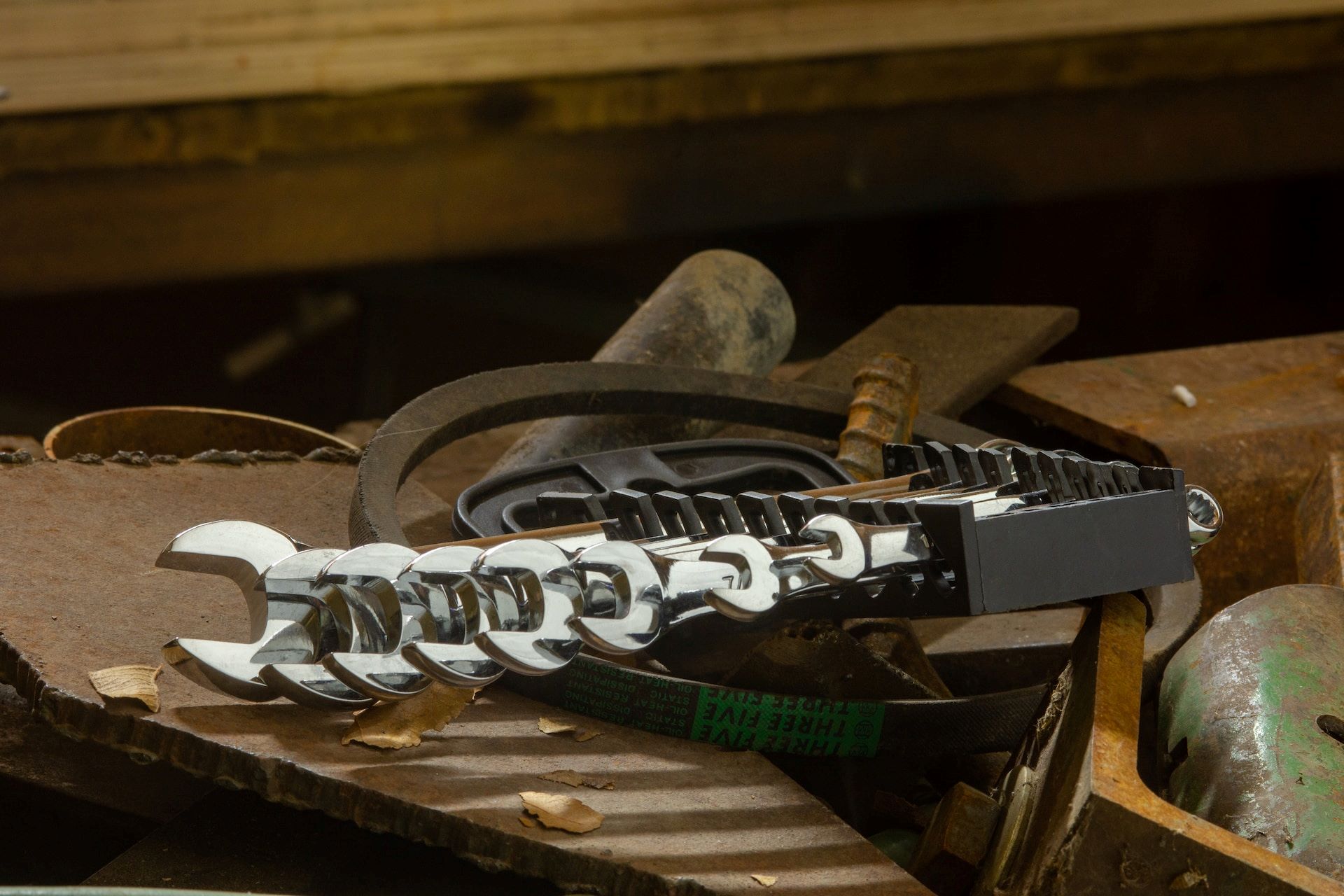

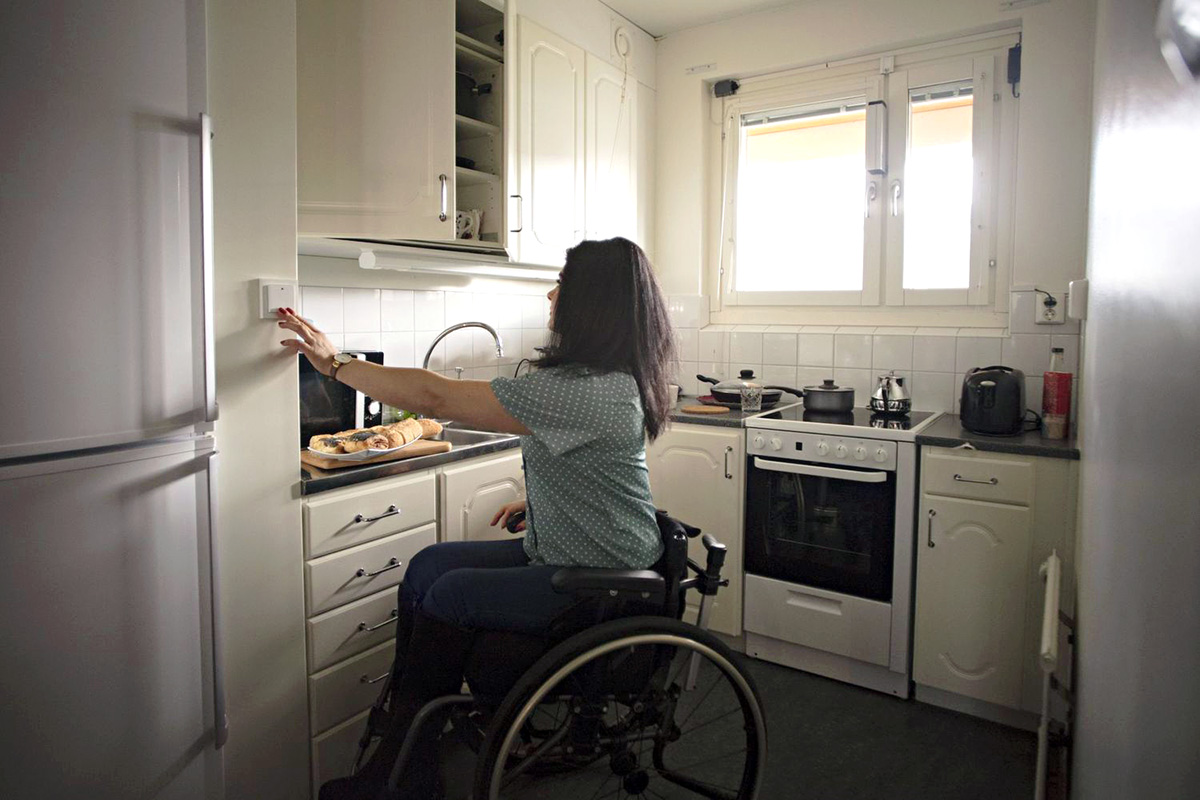

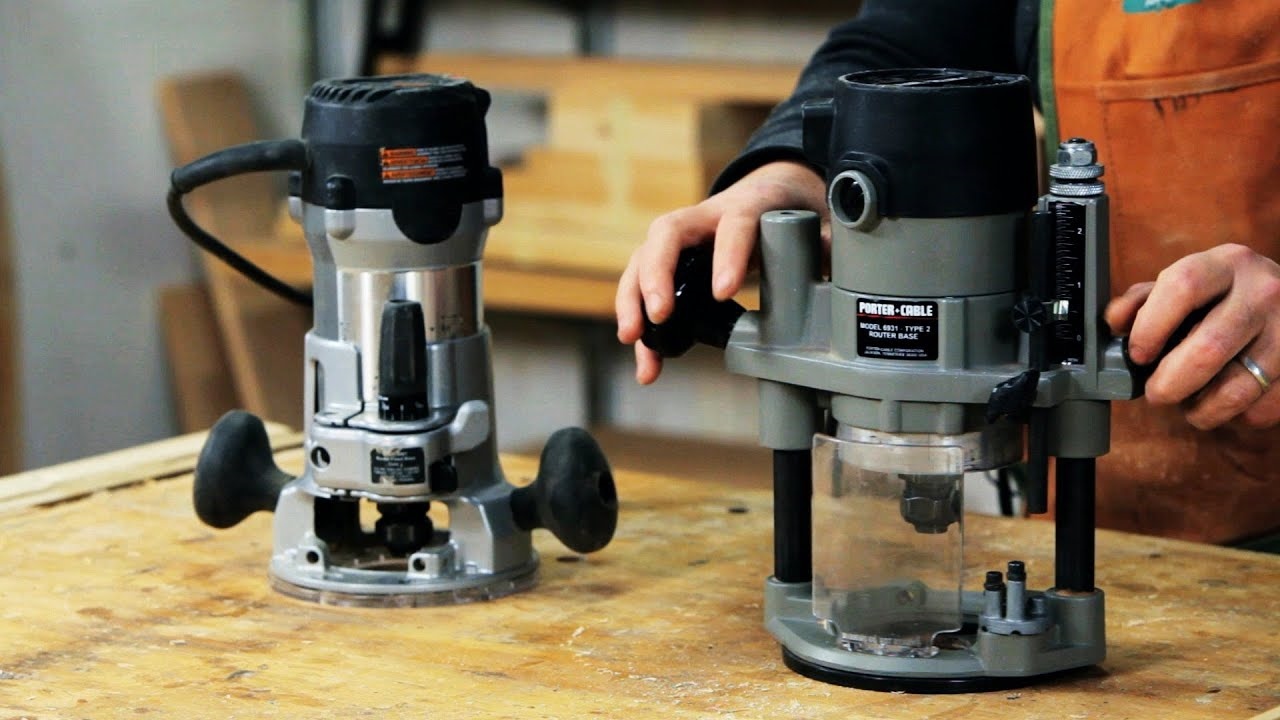

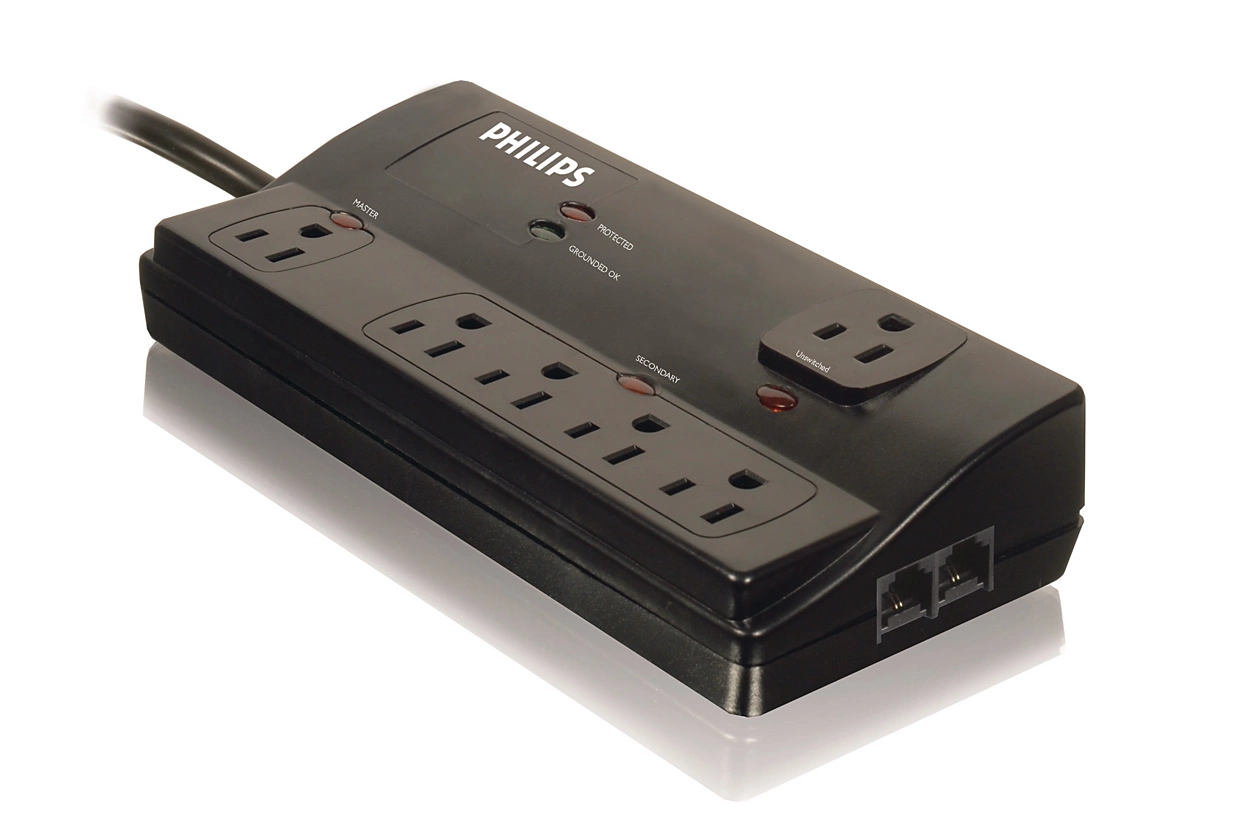

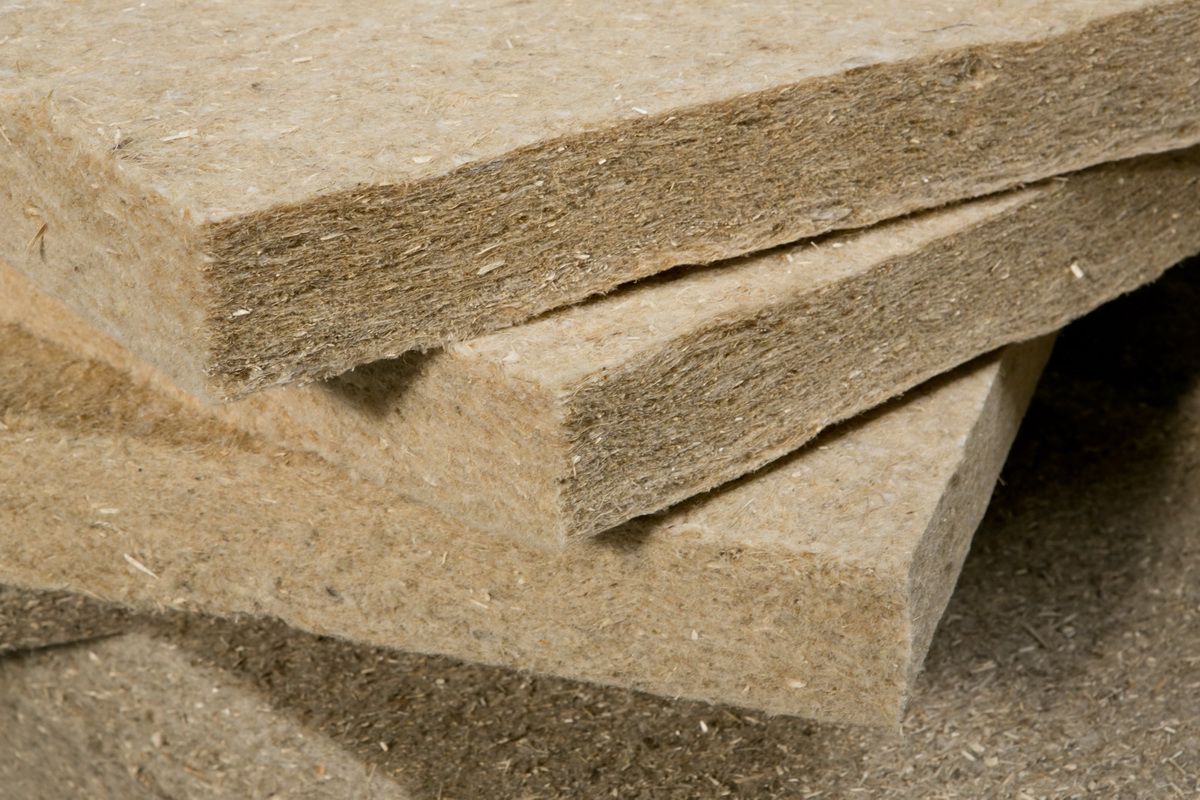

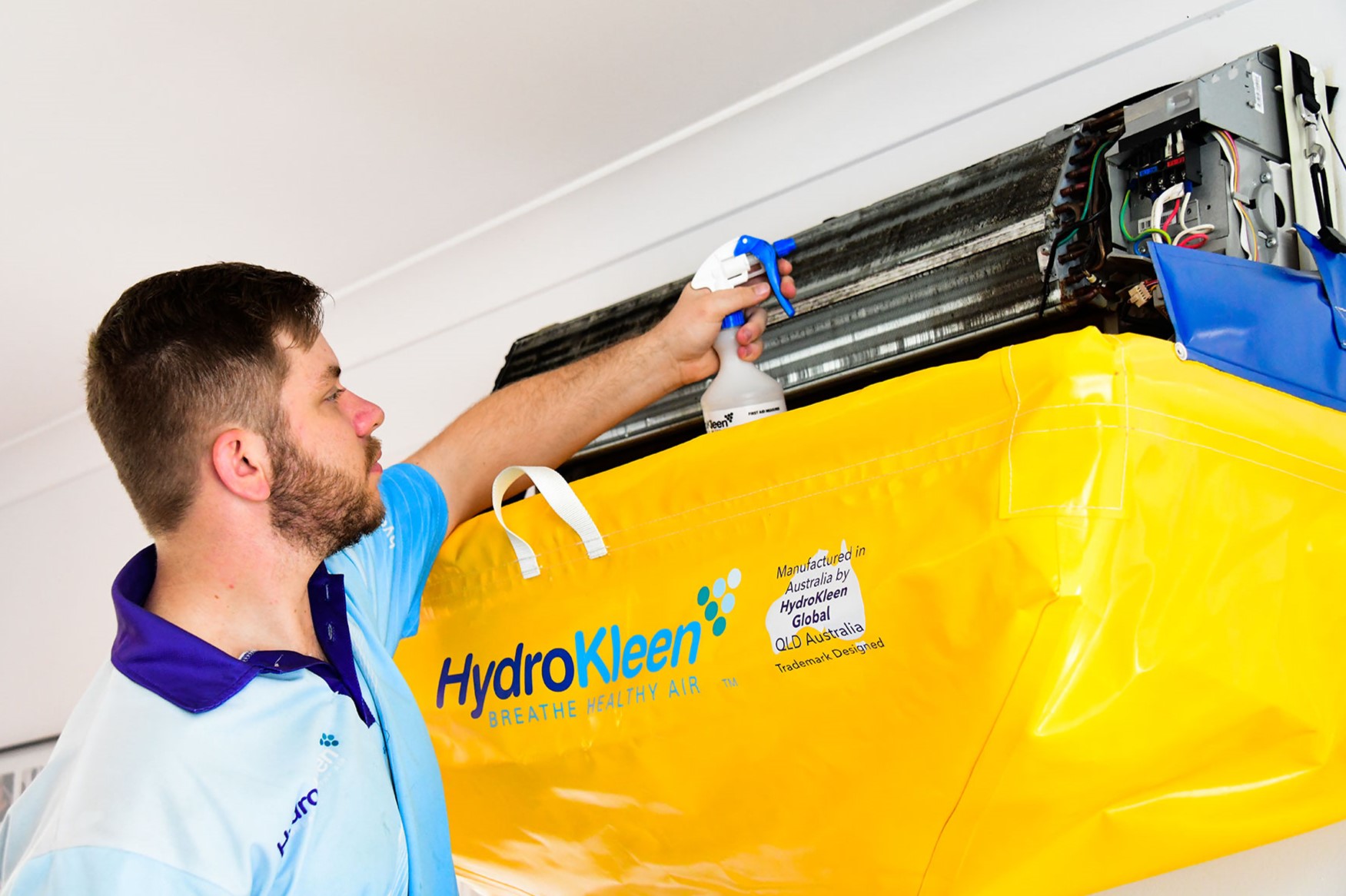

0 thoughts on “How Should I Approach Having Home Repairs Done To A Home I’m Interested In Buying?”